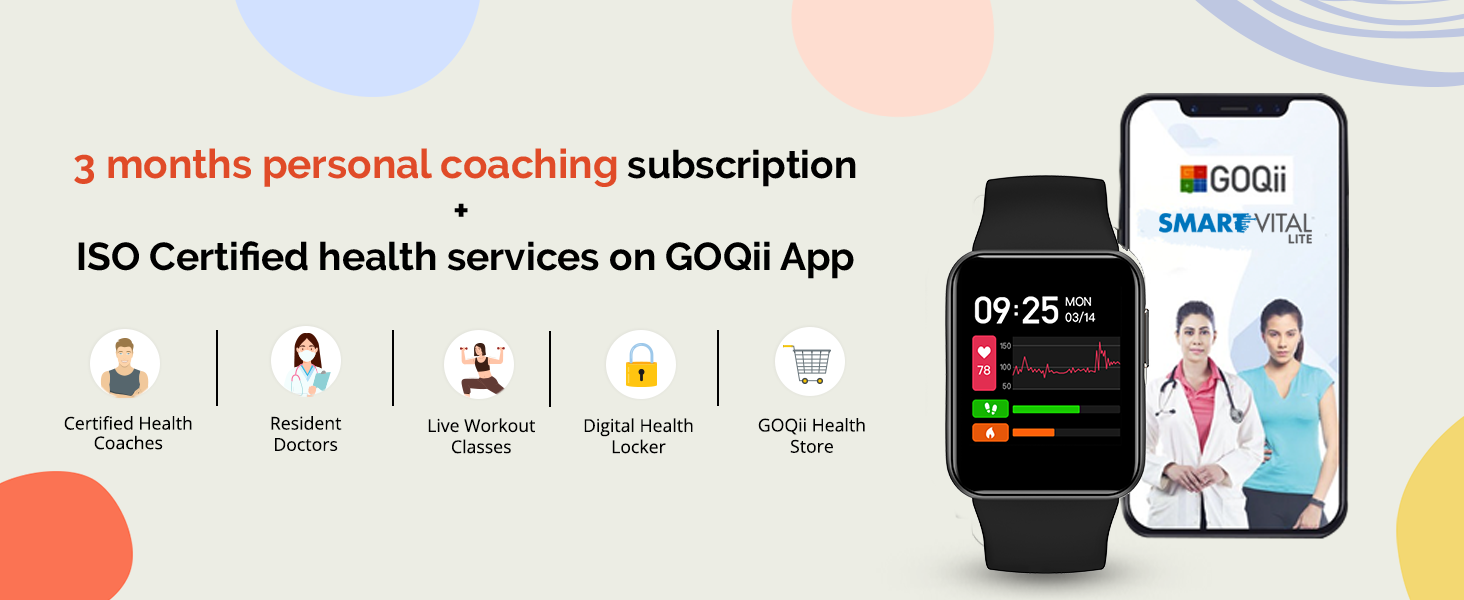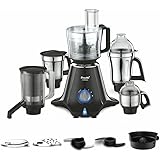





Price: ₹5,499 - ₹926.16
(as of Feb 18, 2025 20:54:23 UTC – Details)
Product Description
The video showcases the product in use.The video guides you through product setup.The video compares multiple products.The video shows the product being unpacked.










[SMART NOTIFICATION] Receive All Important Notifications, From Calls & Texts, To Social Media & Sedentary Alerts, All In One Place.
[1.4’’ HD DISPLAY] Get The Perfect Viewing Experience On The 1.4’’ Display With 240*240 Pixels. [PERSONALISE YOUR LOOK] Choose From Cloud-Based Watch Faces Or Customise Them As Per Your Preference.
[SPO2, HEART RATE & SLEEP MONITOR ] Automatically Monitor Your Blood Oxygen (Spo2 Levels), Real-Time Heart Rate, And Provide Comprehensive Analysis Of Your Sleep Quality (Deep Sleep, Light Sleep And Wake Up Time) On This Smart Watch. [MULTI SPORTS MODE] Keep A Track Of All Your Activities And Compare History To Analyse Your Performance. Count Steps, Distance, And Calories Burned.
[IP68 WATER RESISTANT] This Smartwatch Can Withstand Dust, Spills, And Raindrops And Is Sweat Proof Too. [POWERFUL BATTERY] About 7 Day’S Battery Life And A Standby Time Of 25 Days.
Included Components: 1 Smart Vital Lite Core, 1 Strap, 1 User Manual, 1 Welcome Card, 1 Charger, 1 Activation Code; Connectivity Technology: Usb; Human Interface Input: Touch Screen; Material Type: Plastic; Compatible Devices: Smartphone
Customers say
Customers are satisfied with the smart watch’s quality, accuracy, and value for money. They find it useful for tracking sleep, steps, exercise, and heart rate accurately. Many appreciate its decent look and watch faces. The functionality, features, and battery life are also praised.
AI-generated from the text of customer reviews






